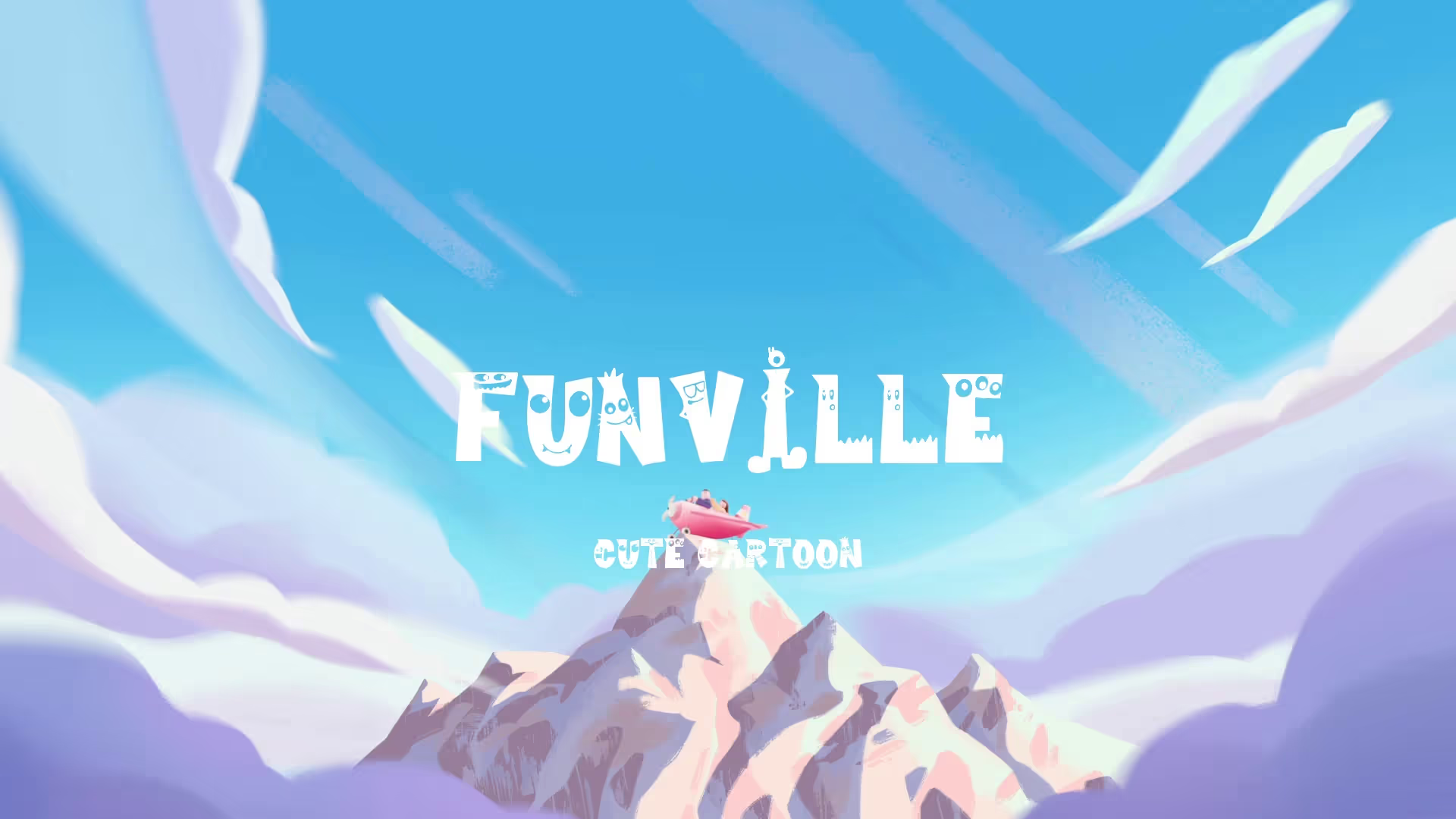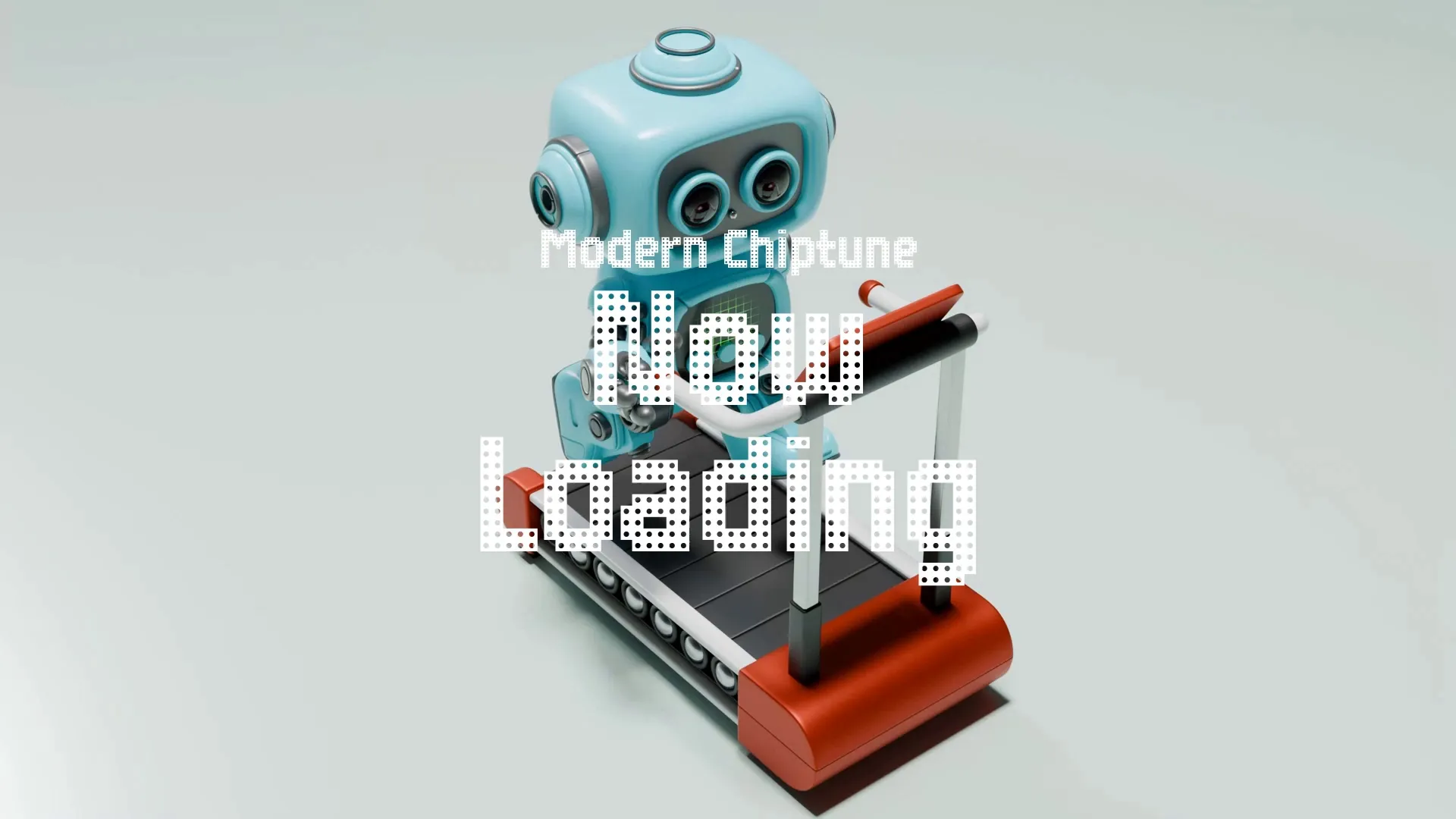Advanced Project Management for Game Dev: Optimizing Workflows & Productivity
Advanced Project Management for Game Dev: Optimizing Workflows & Productivity
Effective project management is the backbone of successful game development. Moving beyond basic task lists, advanced strategies are essential for navigating the complexities of modern game production.
This article outlines techniques to streamline workflows, boost team productivity, and ensure your game projects reach completion efficiently.
Tailoring Agile for Game Development
Agile methodologies, while popular, require specific adaptations for game development. Traditional Scrum or Kanban can be too rigid for the creative, emergent nature of game design.
Consider a hybrid approach that blends iterative sprints with flexible discovery phases. This allows for rapid prototyping and feedback loops without locking down creative elements too early.
Implement short, focused sprints for feature development, coupled with more open-ended ‘spikes’ for research and design exploration. This balance maintains momentum while accommodating creative iteration.
Granular Task Management and Tracking
Breaking down large game development milestones into manageable, actionable tasks is critical. Each task should have clear objectives, dependencies, and an assigned owner.
Utilize specialized task trackers designed for development teams to visualize progress and identify roadblocks. Tools like Momentum provide the granular control needed to keep your game moving forward.
Regularly review task statuses and adjust priorities based on current project needs and unexpected challenges. This proactive approach prevents small issues from escalating.
Strategic Resource Allocation and Dependency Management
Optimizing resource allocation means understanding team capacities and skill sets. Assign tasks strategically to leverage individual strengths and distribute workloads equitably.
Identify and map out critical path dependencies between tasks and teams. A delay in one area can cascade, impacting the entire project timeline.
Proactively manage these dependencies through clear communication and contingency planning. This minimizes bottlenecks and keeps the development pipeline flowing.
Automation and Scripting for Productivity
Manual, repetitive tasks are productivity killers in game development. Identify areas where automation can reduce human effort and error.
Implement scripting for asset import, build processes, and routine data management. This frees up developers to focus on creative and complex problem-solving.
Create a free account, or log in.
Gain access to free articles, game development tools, and game assets.





.webp)
















.webp)
